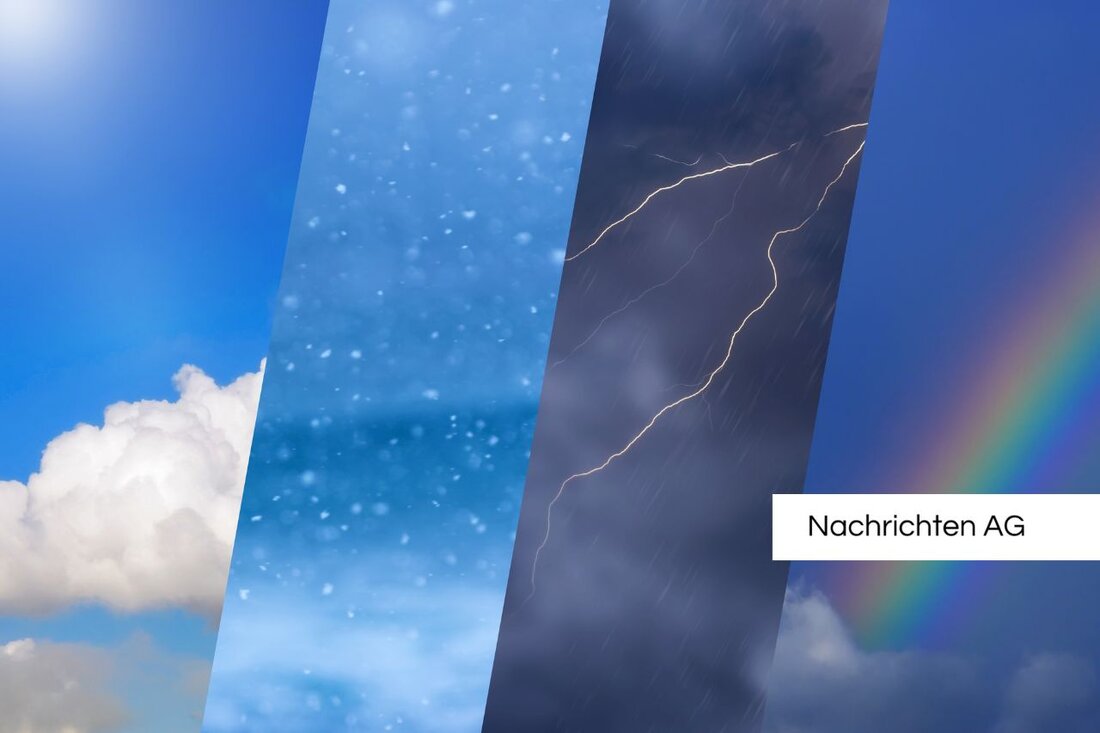Grauwasser Revolution: This is how we fight against the heat waves in cities!
Research on gray water use in Dortmund aims at sustainable irrigation of urban areas and fights heat islands.

Grauwasser Revolution: This is how we fight against the heat waves in cities!
In an innovative initiative to combat the heat load in cities, a research team under the direction of the Bauhaus University Weimar works on the sustainable use of rain and gray water. The project, which is realized with financial support from the German Federal Environmental Foundation (DBU), aims to use prepared gray water from households to irrigate urban green and open spaces. This measure is seen as a necessary reaction to the rising temperatures and heat -related deaths in Germany, of which the Federal Environment Agency for 2023 and 2024 each reported Oekonews reports .
The connection between climate change and increasing extreme heat became particularly evident in 2024 when it was globally the hottest year since the weather was started. This direction of development is underpinned by a study by the World-Weather Attribution Initiative, which documented around four billion people for a period from May 2024 to May 2025. Urban areas are particularly affected, which have an increased risk of heat -related mortality due to heat islands. DBU General Secretary Alexander Bonde has already asked to implement more urban greening in order to counteract the effects of heat islands.
use of gray water as a solution
gray water, which includes sewage from sinks, showers, bathtubs and kitchens, offers a promising alternative to drinking water to cover the water requirement of urban infrastructures. According to the research team, every person in German -speaking countries produces between 60 and 80 liters of gray water every day. In view of the increasingly hot and low-rainy summer, the integration of this water resource into urban planning has become essential in order to maintain the ecological advantages of urban vegetation New landscape reports .
The research project in Dortmund shows how gray water can be cleaned from households and mixed with rainwater. A model quarters called "Bergmannsgrün" in Dortmund-Huckarde is planned as an example of efficient irrigation of green areas. An intelligent water management system is used, which continuously measures the soil moisture with the help of AI and controls the water supply as required. These technological developments are crucial for optimizing water use and ensuring security of supply. It is also important to actively integrate the residents for increasing the local added value and the social acceptance Oekonews continues to report .
infrastructures for climate adjustment
The challenges that arise from heat, heavy rain and drought in urban areas require a networked planning of city infrastructures. The publication "Blue-Grün-Graye Infrastructures Planning and Implementation" of the Networks 4 research project illustrates this need. In order to counter the consequences of climate change, gray, technical water infrastructures must be combined with blue (urban waters) and green infrastructures (urban green) Difu reports .
The correct design of parks and other green areas can continue to be fulfilled ecological and climatic functions even in heat waves. In order to ensure the water supply of these infrastructures, the use of rain and prepared gray water is a recommended strategy. It is emphasized that the effective implementation of the adjustments caused by climate change are required new, integrated planning processes that require close cooperation between different urban authorities.

 Suche
Suche
